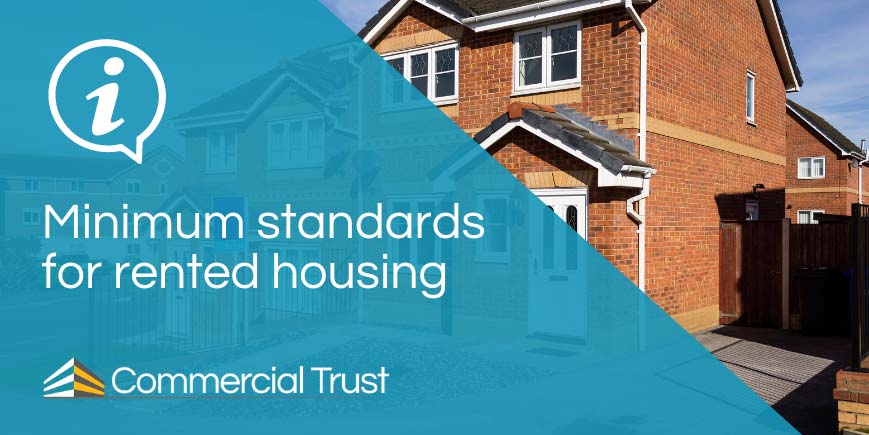This information should not be interpreted as financial, tax or legal advice. Mortgage and loan rates are subject to change.

Categories: holiday lets | guides | holiday let guides
When looking into mortgages for holiday lets, it’s important to first understand exactly which type of mortgage is suitable for this property category.
In this guide, we will explain why lenders are very specific about the kinds of mortgage products they offer for holiday lets.
Are residential mortgages suitable for holiday lets?
Residential mortgages are designed for properties occupied by the borrower. They cannot be used to finance properties being let out to tourists, because the risks in that situation are different. For the same reason, they also cannot be used for long-term buy to let properties.
Residential lending carries less risk. Lenders recognise the much higher vested interest that residential mortgage borrowers will have in making their payments in full and on time.
If owner-occupiers do not keep up with monthly payments, they face a genuine personal risk of losing the roof over their heads. In this situation, the lender would be given no choice but to cover the debt by taking possession of the property and selling it on.
Lenders will not look favourably on a borrower if they find that a residential mortgage has been taken out for a property being let out to holidaymakers.
This would very likely breach the terms of the mortgage and may result in the lender recalling the debt.
Are buy to let mortgages suitable for holiday lets?
Holiday let mortgages are a type of buy to let mortgage, but it’s important not to get confused between them and standard buy to let mortgages. The latter type are not suitable for holiday lets.
For a lender, the differing risks between property types is critical. Standard buy to let mortgages can only be used for properties rented out by long-term tenants who will use it as their home.
Lenders can be flexible on some things, but the type of mortgage has to align with the type of letting, for all the reasons explained above.
So, what kind of mortgage is suitable?
Whether you run a traditional holiday let property, or let on a short-term basis (for example, an Airbnb style letting), a specialist holiday let mortgage product will be required.
Lenders take the unique needs of holiday let landlords into account. They understand that the combination of short-term bookings and seasonal ups and downs can make the income of a holiday let less consistent compared to other property types.
That’s not to say that the yields of holiday lets are low. They can be highly profitable, which makes them appealing to both landlords and lenders.
The revenue from letting out an in-demand holiday let can surpass that of a standard buy to let property.
To demonstrate this, let’s take an example of a buy to let property being rented out to one tenant unit for £1,200 per month. Times that by 12, and you can earn a steady £14,400 per year.
Now, compare that to a holiday let with an average weekly rate of £650. If the occupancy rate is 50% of the year (26 weeks), that brings the annual rental income up to £16,900. If the property is occupied three quarters of the year (39 weeks), that takes the annual rental income up to £25,350.
These calculations have used a flat rental charge. In reality, holiday let rents can go up significantly at different times of the year.
Both in the example of a standard buy to let or a holiday let, your actual income will be subject to costs.
Lenders will need to see that the borrowing landlord has a robust credit history and will reliably make their payments in the event of no tourists staying in the property.
At least one year of experience in the industry can be helpful in order to widen your mortgage options. However, there are lenders who will accept applicants with relatively less experience.
Types of holiday let mortgage
There are subsets of holiday let mortgages that lenders may approach differently.
For example, short-term holiday lets marketed on platforms like Airbnb or Vrbo may be rented out for a few days, or only a single night. Temporary accommodation that can be booked quickly and affordably is increasingly desired by tourists, leisure and business travellers.
Meanwhile, traditional holiday lets may be rented out for weeks at a time. Lenders may view this category as slightly less risky due to more predictable income spread over longer periods.
For each of these examples, appropriate mortgage products can be obtained from lenders. This is where an experienced mortgage advisor can come in to help sort through the available options and pin down the best product to suit your needs.
To start a holiday let mortgage application, get in touch with our team today.


